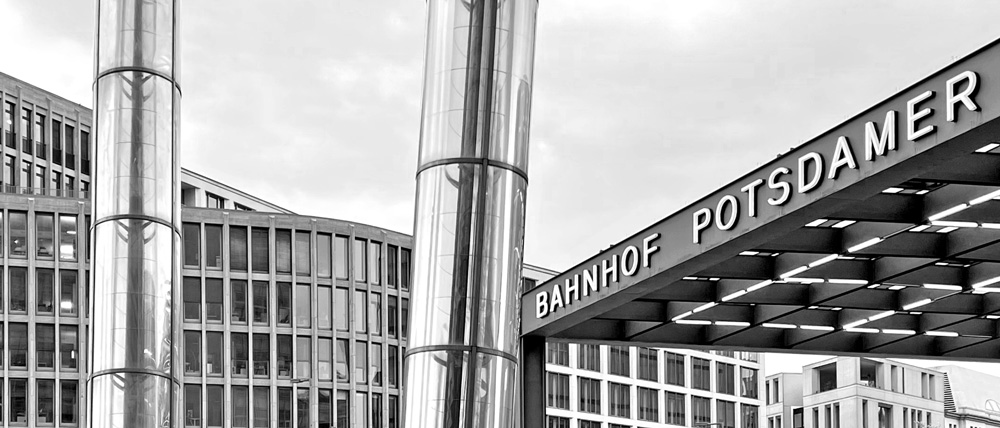Technology Compliance
Systematic identification and management of risks from the violation of technological regulations
The term "Tech Compliance" has entered the current compliance discussion. The reason for this is the so called "VW Diesel Scandal". Is this profiteering by consultants or an attempt by responsible managers to assign responsibility for legal violations to the technicians in the company? Or is it the beginning of a necessary discussion?
Compliance means adherence to rules
The duty to ensure compliance in the company is a management duty and affects the entire management body. The management body fulfils this duty by implementing a compliance management system (CMS) in the company. Defining the objectives of the CMS and identifying risks are key elements. A CMS must be regularly reviewed for its suitability and effectiveness.
Technology is not a legal and rule-free area
Technology in companies is subject to a multitude of public-law regulations under national (German) and international (especially European) law. These are not limited to licensing procedures for the construction and commissioning of plants, but apply throughout the entire operation, up to and including the decommissioning and, if necessary, dismantling of plants. These are laws, but to a greater extent legal ordinances, which in turn contain dynamic references to safety engineering standards. A large number of commands and prohibitions are flanked by regulations on fines or even penalties.
Compliance risks in technology law
The violation of technical regulations that are subject to fines or penalties is therefore fraught with sanction risks and thus also reputational risks. In addition, there are the potentially dramatic consequences of the confiscation of assets under criminal or administrative offence law.
Engineering law as a blind spot in the eye of compliance
No one questions that engineers and other technicians in companies are just as law-abiding as all other professional groups. However, the current discussion shows that companies have so far trusted the self-organisation of their technical apparatus when it comes to compliance with technology law regulations and managing the risk of legal violations in this area. Compliance is often treated as a matter for business economists and lawyers. Engineers rarely sit on a company's compliance committee.
Compliance is risk management
Compliance management systems are supposed to control risks by identifying them, assessing them and controlling them through organisational regulations and procedural instructions. This is exactly what can be done in the technical field and is therefore also required.
A large number of regulations under technical law in a wide variety of areas require that certain systems or procedures comply at all times with the current standard of safety technology, usually defined as the state of the art. The legal requirement is regularly subject to fines. If, in an individual case, it is not recognised that a system or procedure should have been adapted to the latest state of the art in safety technology, this alone fulfils the objective facts of a provision imposing a fine. Only the responsibility for the violation of the law must then be assigned.
What has to be done?
The legal provisions applicable to plants and processes as well as products must be identified. The consequences of legal violations must be described and evaluated: Is the authority merely authorised to issue orders or is there a threat of prosecution as an administrative offence or criminal offence? What organisational arrangements are necessary to check facilities and procedures for legal conformity at appropriate intervals?
The engineer in the compliance organisation
Undoubtedly, engineering compliance will only be implemented in companies if those responsible for engineering become aware of the importance of systematic management of legal risks in their field. They must demand the resources for compliance in their area of responsibility and they must be involved by the lawyers and business economists in the design of the compliance management system.
Technology compliance is a new topic. FS-PP Berlin's expertise in this area is based on the fact that partner Rainer Frank has been advising and defending companies in the areas of environmental and occupational health and safety criminal law as well as regulatory offences law since the beginning of his legal practice. The firm therefore has considerable experience in the field of technology law bordering on liability law. See also the article Environmental and Occupational Safety Criminal Law as Technical Criminal Law.
Contact
